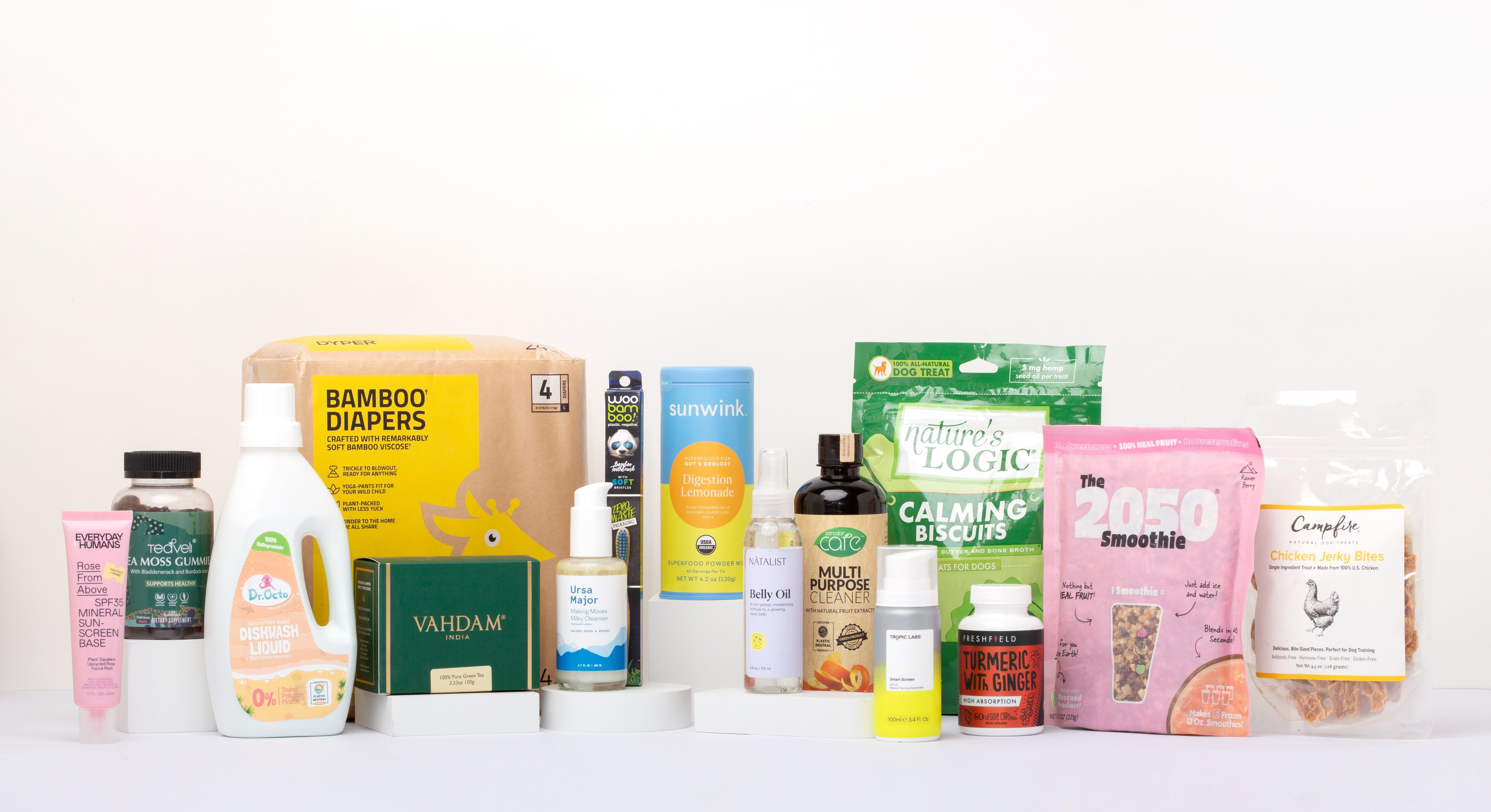Online Shopping Returns Hurt the Planet: 4 Tips to Maximize Purchases
Are free online shopping returns really as free as advertised? We might not be paying for them but the environment sure is.
Free return shipping is associated with virtually every large online retailer. We have become accustomed to the convenience and purchase with the intent to possibly return our purchase. Even though we don’t pay for online shopping returns, there is still a high price to pay.
Every year, approximately 4.7 million metric tons of CO2 are emitted by the 17 billion returned items. If we can decrease our returns by 10%, the US could power 57,000 houses for an entire year. Most of these returns are not able to be resold; 84% of returned products in the garment industry are landfilled or incinerated. So what can we do? How can we decrease our returns and live more sustainably?
1. Order with Intent
Although our first tip may seem brutally obvious, many consumers purchase three shirts and return the one they like least. Aside from the CO2 emissions from travel, this doesn’t seem like a terrible idea. More than likely, the returned shirt will be thrown away or burned. It is estimated that Burberry destroys nearly $30 million of returned products yearly, the equivalent of 20,000 signature trench coats.
2. Know your Size and Favourite Brand

Only order from retailers you know has a good fit. Ordering selectively keeps your wardrobe consistent and your returns low. Companies are also implementing personalized online shopping experiences to reduce returns, but you need to know your size. Sizer offers a unique platform to help you ensure the best fit for your clothing. Use the app to scan your dimensions, and they will show you brand recommendations, and exact measurements. Know your measurements and reduce online shopping returns.
3. Find Return Alternatives
When a purchase arrives that you just do not like, try to find an alternative to online shopping returns. Find a friend that may like it, or maybe they can trade you for something else.
Another option is to go to a local clothing swap. Here they will evaluate your items and give you cash or store credit — a great way to clean out your closet and get some money for unused or unwanted clothing.
4. Consider Offsets

The ultimate tip is to consider offsets. UCapture is a free and easy way to offset the carbon footprint of your online shopping. Their green-tech platform helps combat climate change by getting companies to contribute a portion of their customer’s spending to carbon offsets projects, at no extra cost. With UCapture you can eliminate most of your carbon footprint by targeting their partner companies for your spending. Plus, you’ll save money on your shopping as their technology automatically applies the best discount code available for your cart!
Now that you have the tools to tackle online shopping returns and want to learn more about how you can remove as much plastic as you create by going Plastic Neutral with rePurpose Global. Take 3 minutes to calculate your plastic footprint and you may be surprised to find out how much online shopping contributes to your plastic footprint. You can reduce your online shopping plastic footprint for about the price of a coffee a month. Every step counts, make yours today.
Get Started with Verified Plastic Recovery for your Brand
rePurpose Global is here to support your sustainability roadmap with impactful and measurable Plastic Action solutions that deliver immediate results. Partner with us to measure your plastic footprint, fund plastic waste recovery, and create strong sustainability messaging for your brand.
Talk to our team to explore how we can work together.

Related Posts
Zero Waste Essentials for Beginners
Inspired by the zero waste movement, some easy zero waste essentials you can switch to and use to start your sustainability journey today!
6 Must-Watch Environmental Documentaries
We all know that our planet is going through some drastic changes that need to be acted upon now. But do we understand the reasons behind these issues? This compilation of must-watch environmental documentaries can help break it down for you.
What is Low Value Plastic?
Low Value Plastic (LVP) is any plastic where the costs of collecting and processing the plastic waste are higher than the revenue generated from sales of the recovered plastic. LVP can therefore be any plastic, depending on the geography, but often refers to hard-to-recycle plastics such as Multi-Layered Plastic (MLP), and other soft, flexible plastics. This blog looks at why these plastics are deemed 'low value', why they are hard to recycle, why they are such a challenge in the fight against plastic pollution, and some potential solutions.















